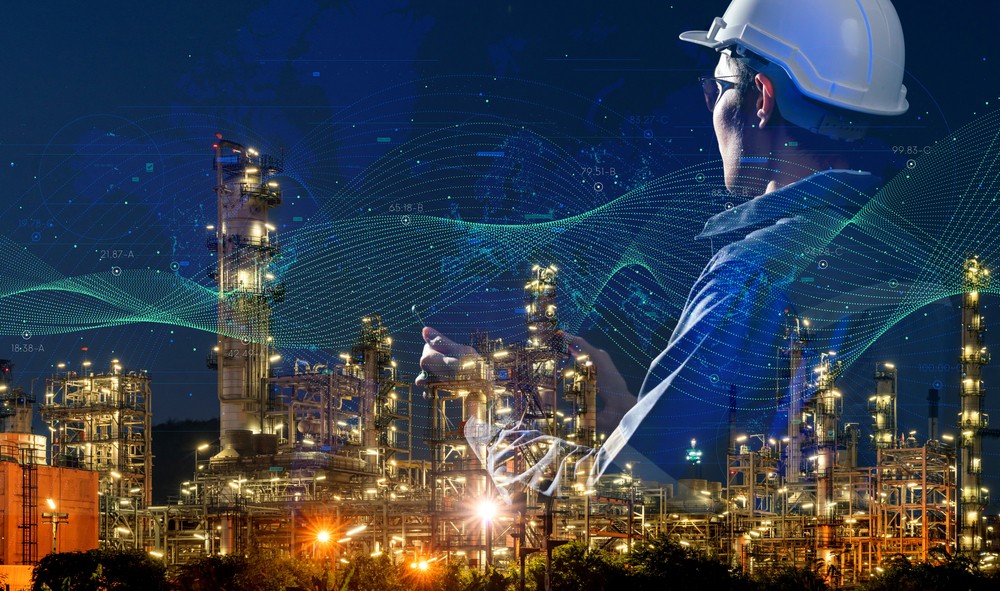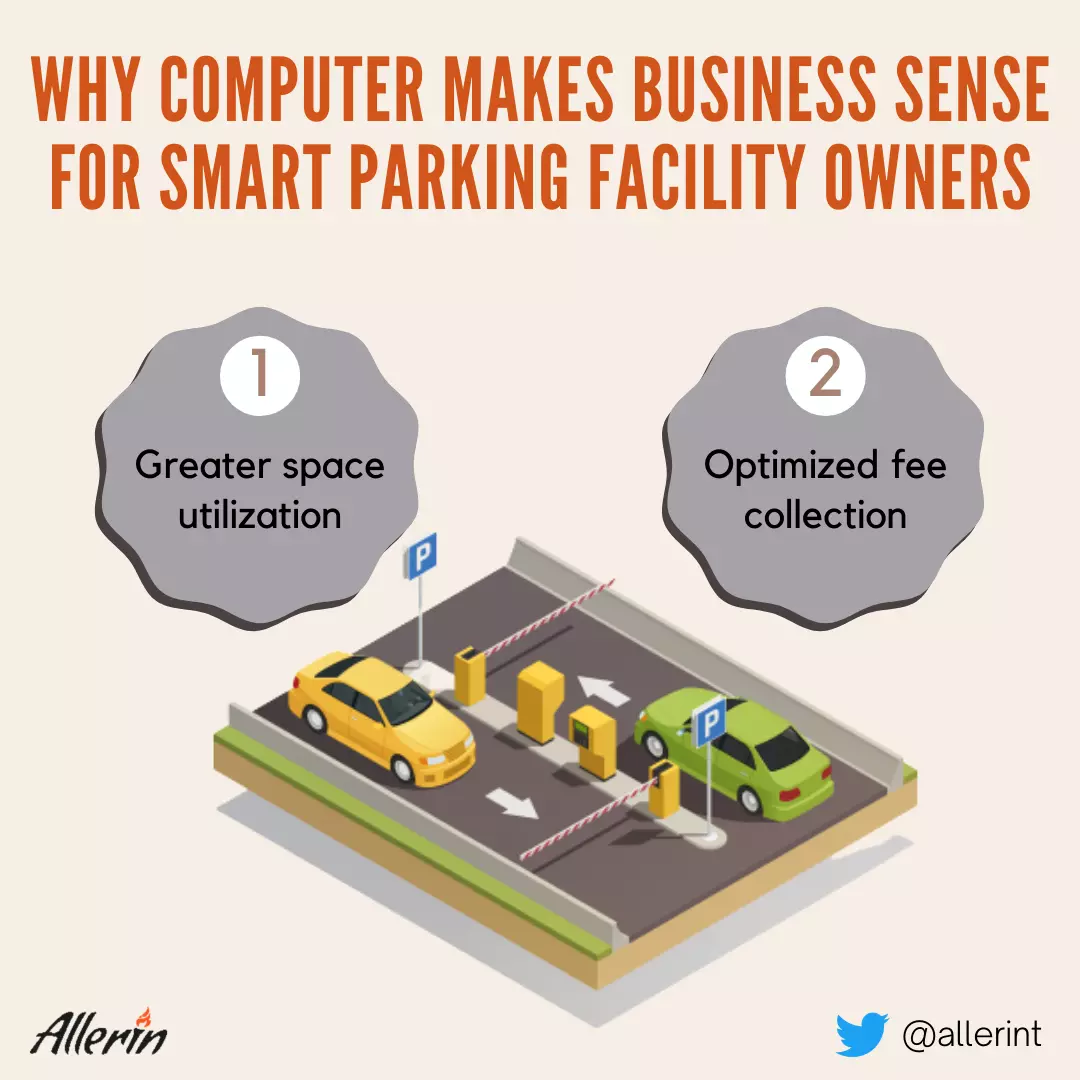Managing a parking facility can be headache-inducing for its owners for various reasons.
To optimize things, AI, IoT, and computer vision-powered tools can be used to transform a regular parking lot into a smart parking facility. The involvement of computer vision especially makes good business sense for facility owners.
The incorporation of tools such as AI and computer vision may seem like an unnecessary expenditure for parking facility owners. However, such owners must understand that AI will take over and automate most operations in nearly every sector in the near future. The concept of smart cities is already growing in popularity and, with further advancements in technology, can end up turning into the norm instead of being an exception in the future. Here, we will see how the inclusion of one of the main components of AI for smart cities and smart parking lots, computer vision, makes good business sense for facility owners.
Greater Space Utilization
Modern AI and computer vision systems can be configured to analyze and map a parking facility aerially. Techniques such as line detection and selective filtering based on the presence of angle and line length can be used to develop such analysis methods. The main use of computer vision in this context is for automatic detection of regions of interest in a parking facility. Aerial images of parking facilities could be taken by drones, quadcopters, or by other means. To get the most optimal spatial information in this exercise, the aerial imaging of a given parking facility must be done in a way that the camera angle is parallel to the ground. This exercise would not have to be conducted multiple times and would allow parking facility owners to know how to utilize every vacant space in their property optimally to allow several cars to be accommodated simultaneously. Intelligent spatial management in a parking lot can increase the revenue generation for owners as the maximum possible number of vehicles will be allowed in the facility.
Computer vision can undoubtedly increase the revenues for parking lot owners. However, certain measures to allow easy entry and exit of vehicles from the facility, separate space provisions for different vehicle types— such as SUVs, hatchbacks, and sedans—must also be taken for the convenience and safety of vehicle owners.
Optimized Fee Collection
One of the main uses of computer vision and AI for smart cities can be to track and monitor vehicles through their registered number plates. Monitoring a vehicle via its number plate can be for multiple reasons, such as law enforcement and vehicular safety. In a large parking facility with several vehicles, this kind of monitoring is used to keep tabs on cars and bikes and send alerts if any of them have been parked for more than their scheduled time. A digital registry can be created and maintained to store and update each vehicle's parking status using information from such systems. Additionally, smart parking systems also allow users to pay their fees and fines—for parking longer than the time allotted to them—via the payment mode of their choice through a specialized online portal. Automating the collection of parking fees and fines prevents users from sneaking away without paying. It also allows facility owners to implement variable rates at different phases during the day in a much more effective way.
Computer vision and IoT are the main driving forces behind making the implementation of AI for smart cities seamless. Computer vision, especially in smart parking lots, brings innovation and intelligence to increase the earnings of facility owners. Moving forward, the number of computer vision-driven benefits promises to keep rising unstoppably.




Leave your comments
Post comment as a guest